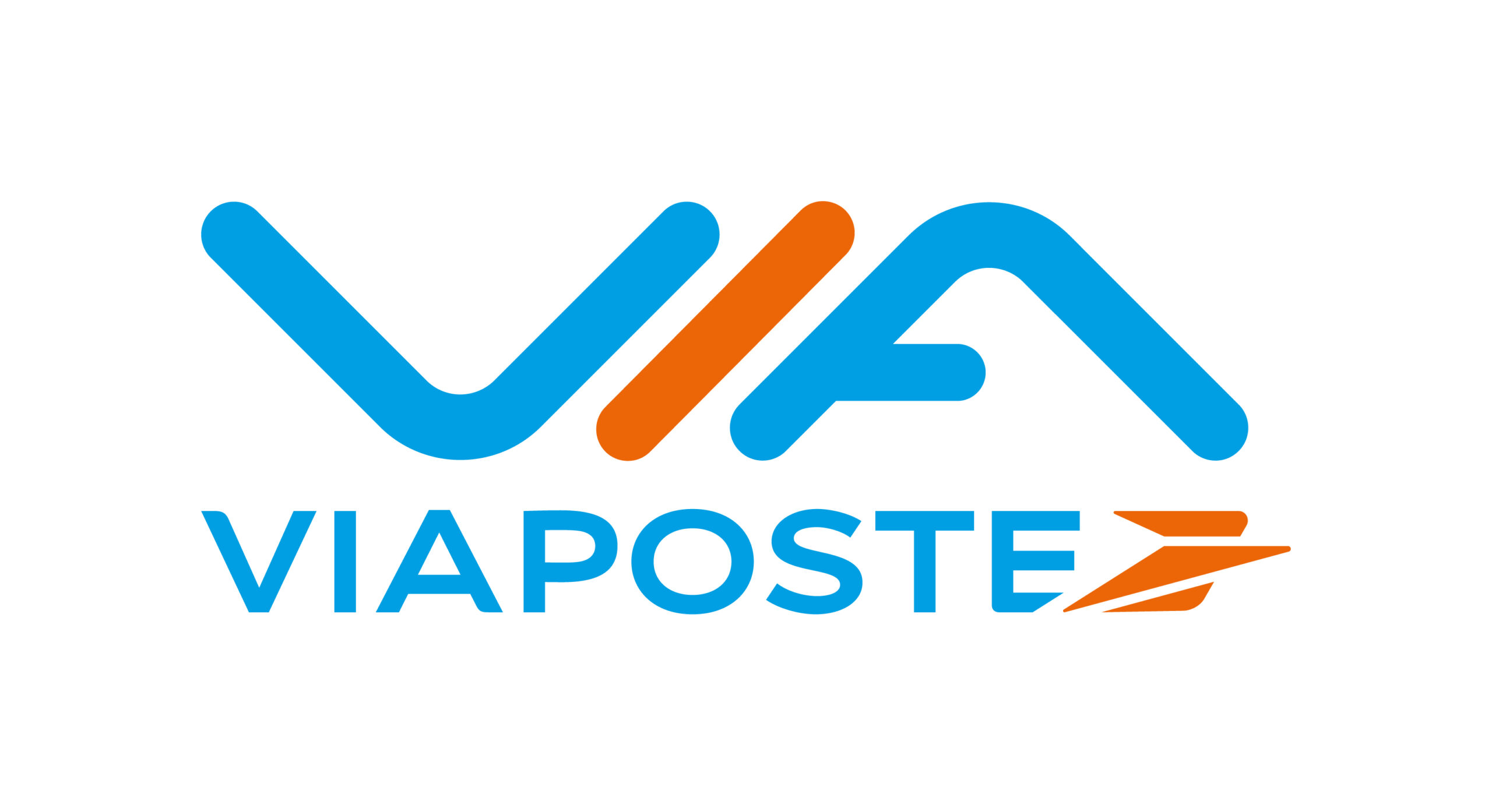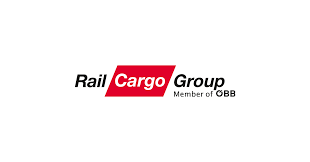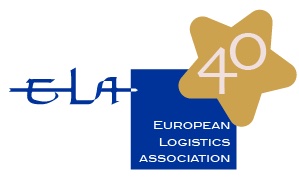ELA Awards 2024 finalists are known!
After a tough deliberation, the ELA Awards jury have announced the following finalists of whom the winner will be announced during the ELA Awards event organised by ELA in collaboration with SLA on October 3rd in Bled, Slovenia. They are listed below in an alphabetical order.

CTT, Correios de Portugal submitted by APLOG
Project “Smart System: an Iberian solution for e-commerce logistics”
Transform operations to increase levels of efficiency and effectiveness in response to the growing increase in orders originating in e-commerce

Hermes, Germany GmbH submitted by BVL Germany
Project “Green Delivery Hamburg”
For the first time in an entire metropolis of millions, Hermes Germany has created in the city of Hamburg the structures to deliver parcels city-wide locally CO2-free. Since the end of 2023, up to 12 million parcels a year can be delivered purely electrically. This approach is unique in the CEP sector.

La Poste France submitted by France Supply Chain by Aslog
Project “Real Time Visibility Control Tower”
Implementation of a control tower for the postal supervision department. The control tower allows supervision teams to be alerted in real time in the event of a transport delay and to monitor its transport activity more precisely.


Rail Cargo Group & Transporeon GmbH submitted by VNL Austria
Project “Shift2Rail – Booking of Rail Cargo Group’s rail and multimodal transports with real-time visibility via the Transporeon platform, enabling a fully integrated switch from road to rail along the end-to-end supply chain”
Multimodal transport, which combines the sustainability of rail freight with the flexibility of trucking over the first and last mile, is our best chance for sustainable land transport in Europe.


Żabka Polska Sp.z o.o. submitted by PTL, Poland
Project “Automated Logistics in Żabka – Modern Logistics solutions for operational efficiency and sustainable development”
Żabka Polska has invested in an automated warehouse to increase logistical efficiency, reduce the time required to prepare goods for transport, and adapt to the network’s dynamic growth of approximately 1,000 stores per year. Currently, the network has over 10,500 modern convenience stores in Poland. The automated logistics center was designed to serve 3,500 stores, and after expansion, up to 5,000 stores. Automation aims to improve operational efficiency, reduce costs, and increase warehouse capacity, which, given the high growth rate, shortens the investment return period.


